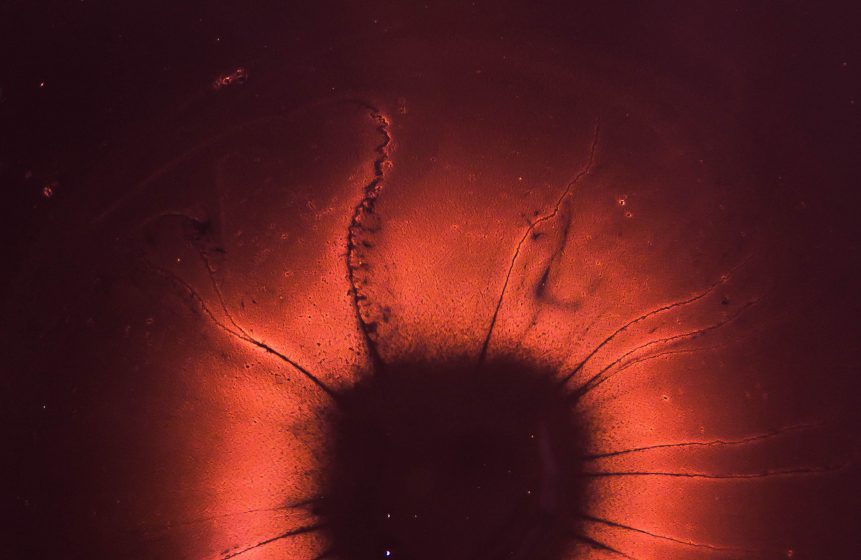We usually associate microbes with the flu and all manner of flesh-eating disease. But microbes stave off disease, are the fundamental blocks of living, will help find cancerous cells, keep us living longer and even assist pathologists in analysing death.
I’m not telling you to stop washing your hands, or to start studying what you come up with on the loo, only to gain a deeper appreciation of your micro-biome. With around 1,000 different species of bacteria inside our guts, let’s take a look at how an often misunderstood bacteria can help deal with death.
What’s in your digestive system?
Microbes help you digest food, produce vitamins and minerals (not the overpriced, Whole Foods kind), and can stop us catching diseases. Fewer than 100 species of bacteria cause infectious disease. All the others, you could say, are mostly harmless.
As Ed Yong, author of I Contain Multitudes, outlines, “Our microbes help to build our bodies, they sculpt and renew our organs as we get older.” That’s right, microbes help to keep the vital stuff inside of us in good shape, and keep us out of death’s clutches – if treated right.
How do microbes stave off death?
Simply, microbes boost the immune system. Researchers at Loyola University demonstrated in a 2010 study how bacillus (you know the one, that rod-shaped bacteria found in the digestive tract) bind to immune system cells and encourage them to divide and reproduce.
The research suggests that, years down the road, those with weakened immune systems could be treated by introducing these bacterial spores into the system. These microbes could potentially even help the body fight cancerous tumours.
Microbes help us analyse death
There’s a lot of microbes in your body that you couldn’t live without; there are also microbes that are helpful when you’re dead. If you find yourself at the centre of a crime scene, then your first point of call should be the microbes.
Understanding how the microbes inside of a dead body take over it can help pathologists work out the time of death, as well as in what environment the body has been lying and for how long . Until now, research in this area has focused on the way that insects and microbes from a corpse’s environment take up residence in decaying flesh. Now, it’s being used for more speculative purposes. We await the next forensic cop show to film an extended scene on a victim’s microbial community. TV gold.
How to improve your microbe
Perplexed by the revival of pickled cabbage? You might want to begin to head up this trend, as fermented foods are just great for encouraging what scientists call a healthy microbiome. Variety in the gut is a good sign.
If cabbage doesn’t get your tastebuds jittering, then garlic, artichokes, bananas and the exciting group known as whole grains are all good for the microbiome.
Remember to not get taken in by those ridiculous adverts for ‘probiotic’ yoghurt and drinks: while the draw is warding off death, these things are mostly pricey, sugary and are usually just spouting pseudo-science.
Find out more
Take a look at the interesting ‘I Contain Multitudes’ by Ed Yong
Here’s a recipe for soured milk, a Persian delicacy, called kefir: this has got all the probiotics you need, apparently. Beh salamati!
Read our article on technology and healthcare
And spend a few minutes thinking, would you want to live longer?
If you’re thinking seriously about your microbial community, then you’re thinking about death. See our planning page to get up to speed.





